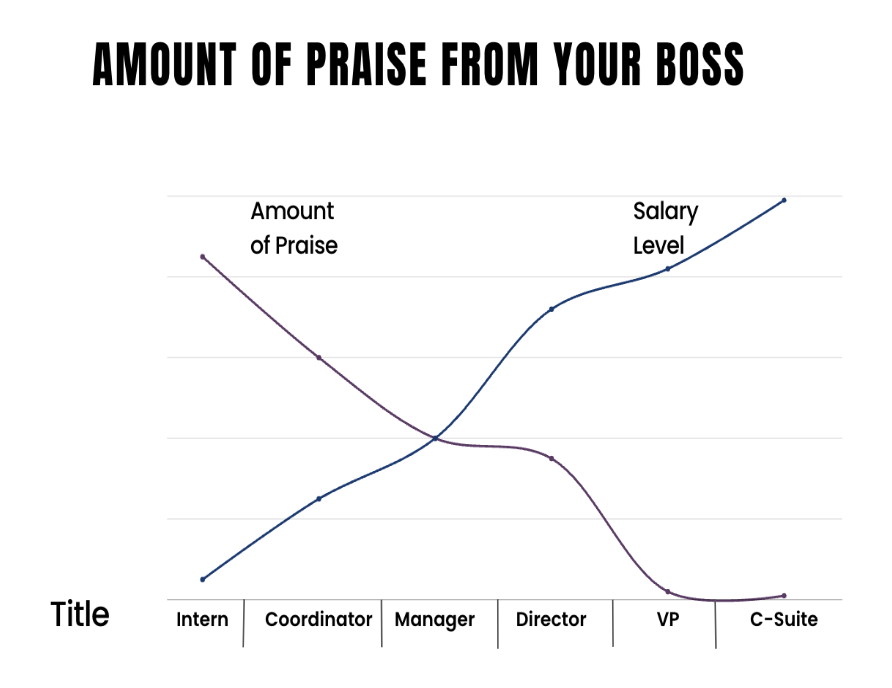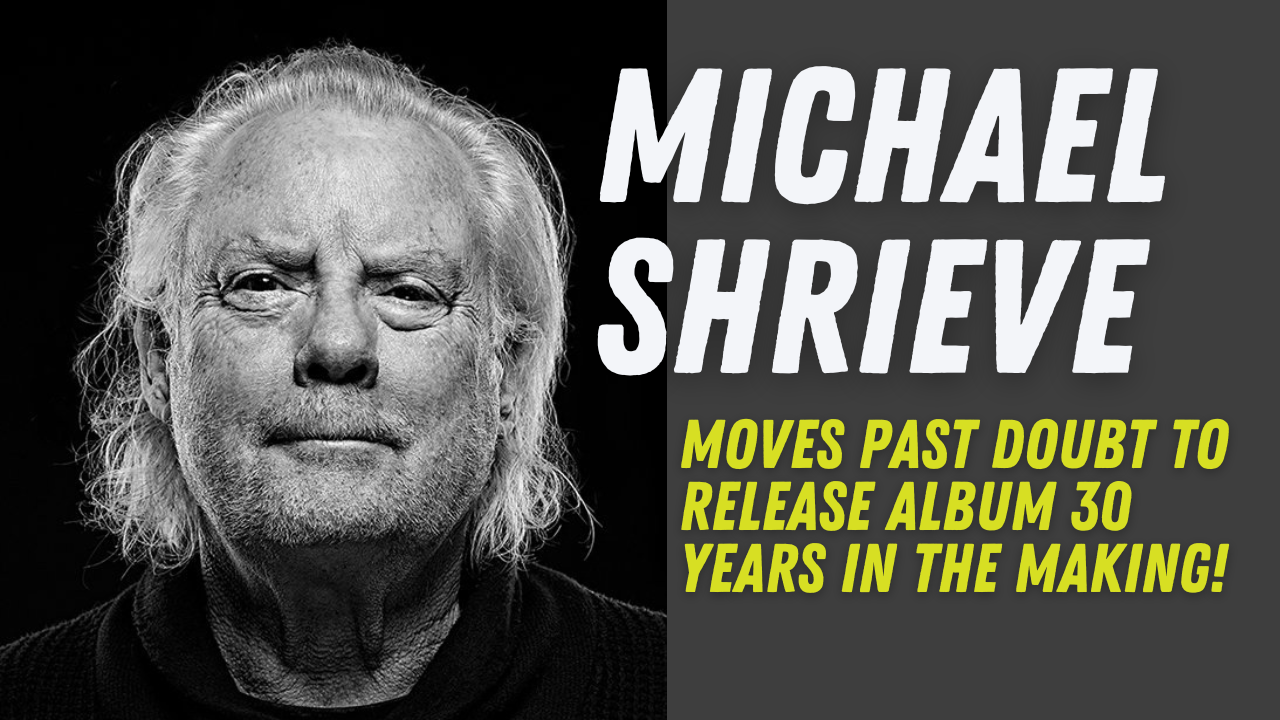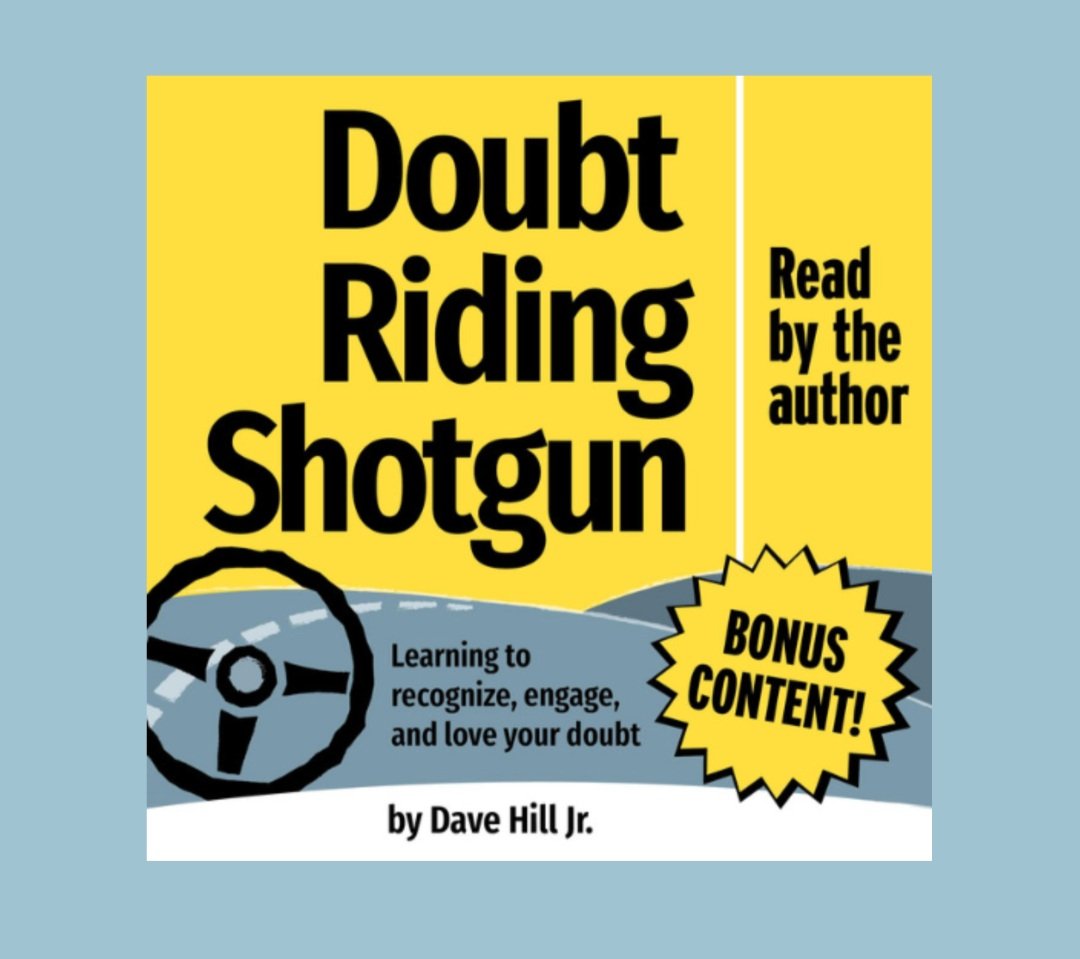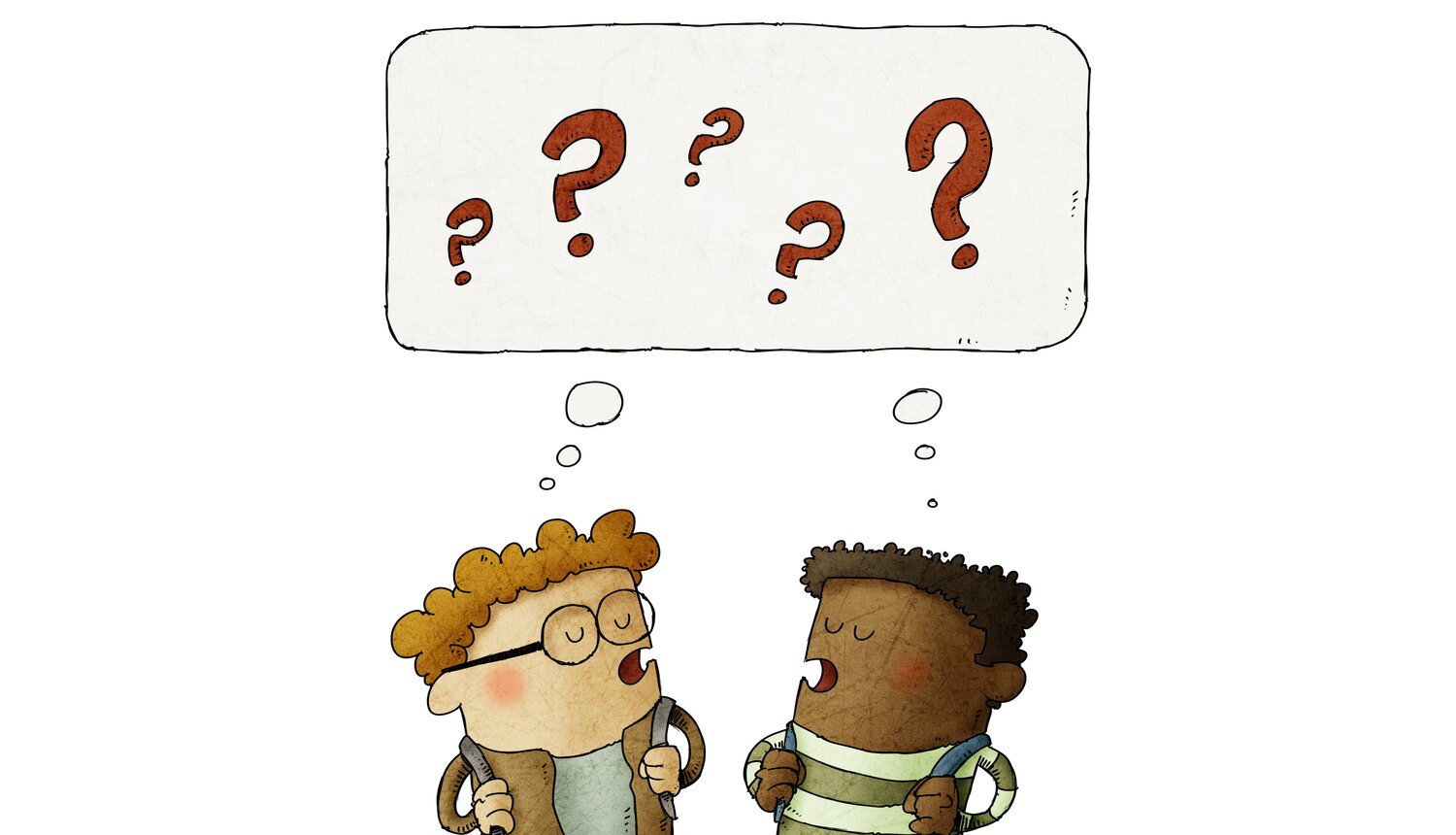Writing About Creativity, Music, Self-Doubt, and the Path Forward

Dave Hill Jr. Newsletter December 2024
As the year wraps up, I’m reflecting on both the wins and lessons of 2024. While I didn’t meet every goal, I’ve created and grown in ways that make me proud. This newsletter is packed with two months of updates, from my latest single Irony Sings to airplay highlights, upcoming workshops, and insights on embracing creativity—imperfections and all.
Read this post for more 🎶 Music Updates
✨ Coaching Updates
transformational, even if they’re never released.
🎤 and more about NAMM 2025

Are You Too Smart for Your Own Good? Try Unlearning to Find Your New Path
Sometimes being 'too smart' can limit creativity. Unlearning helps us strip away old habits, letting curiosity guide the process and open up new creative pathways. In music and songwriting, breaking down foundations can lead to fresh inspiration and true artistic freedom.

When Compensation Isn’t Enough: The Hidden Cost of Feeling Unappreciated
Money can’t replace being seen. As praise fades with promotions, we risk losing meaning. This post explores how leaders—and creatives—can reclaim it.

The Talent Trap: How I Learned to Choose My Development Areas and Be OK with Boring Practice Routines
The Talent Trap: Embracing Boredom for Mastery
We often admire the talent of our favorite artists and athletes, but behind every performance lies hours of slow, repetitive practice. In this post, I share my journey as a songwriter and musician, learning how to love the grind of practice and the power of small, daily improvements. With insights from my mentor Stanton Moore, I explore how going slow and embracing boredom can unlock true mastery. Read on to learn how focusing on 1% progress a day can transform your skills.

Is Jazz Camp the New Las Vegas?🎷
Jazz camp is like Vegas for musicians—minus the neon. You take chances, crash, soar, and sometimes hit the jackpot. At the Port Townsend Jazz Workshop, even wrong notes lead to wins. It’s all groove, growth, and great people. Forget the slots—roll the dice on jazz camp instead.

The Compassionate Drummer: Michael Shrieve's 25-Year Journey Creating “Drums of Compassion”
This interview with Michael Shrieve covers Michael's reflections on his 25-year journey creating "Drums of Compassion," the influence of Olatunji, and how it shaped the album. We dive into personal stories and career milestones, including his time with Santana and other iconic musicians. Michael also shares how he overcame self-doubt and the importance of staying true to one's artistic vision. You'll gain insights into his creative process and his valuable advice for aspiring artists.

Doubt Riding Shotgun Audiobook!
Exciting News: "Doubt Riding Shotgun" Audiobook is OUT!
I’m thrilled to announce that the audiobook version of "Doubt Riding Shotgun" is officially complete and will be available very soon! Recording and editing this audiobook myself was a labor of love. It was crucial for me to deliver this in my own voice, believing in the power of my own authentic, personal touch.

THE BEST PRACTICES BOTTLENECK
We often get caught in the "best practices bottleneck" - seeking advice from experts that doesn't apply to our unique business. This leads to analysis paralysis rather than action. The truth is you know yourself best. Instead of following someone else's best practices, just start doing and aim to continuously improve. Meet your audience where they are, build trust in the marketplace, and don't get hung up trying to check every box. Focus on what will drive real growth for your specific business.

Communication Overload: How to Set the Right Response Time Expectations
As a former VP of Marketing, I juggled 100+ emails a day—now it's email, Slack, text, and nonstop social media. But how much is enough? How often should we post, respond, or engage? And who decides the rules for all this digital communication overload?

The Lost Art of Context Setting
Why is context setting important for effective meetings? Even in a one-to-one conversation, context-setting is vital and often helpful to grounding the conversation and determining the agenda of what needs to be discussed. In an effort to help you have better meetings, here is a quick checklist to set the context and clarify the reason you are meeting: State what is the meeting about. Propose why is it important now and any recent developments. Define what you are trying to accomplish in this meeting. (Hint: the big opportunity — lean in folks! This is important.) Optional: If time allows, you might open the floor to questions before you begin. This can usually be done in less than one minute (with a few more minutes for questions).